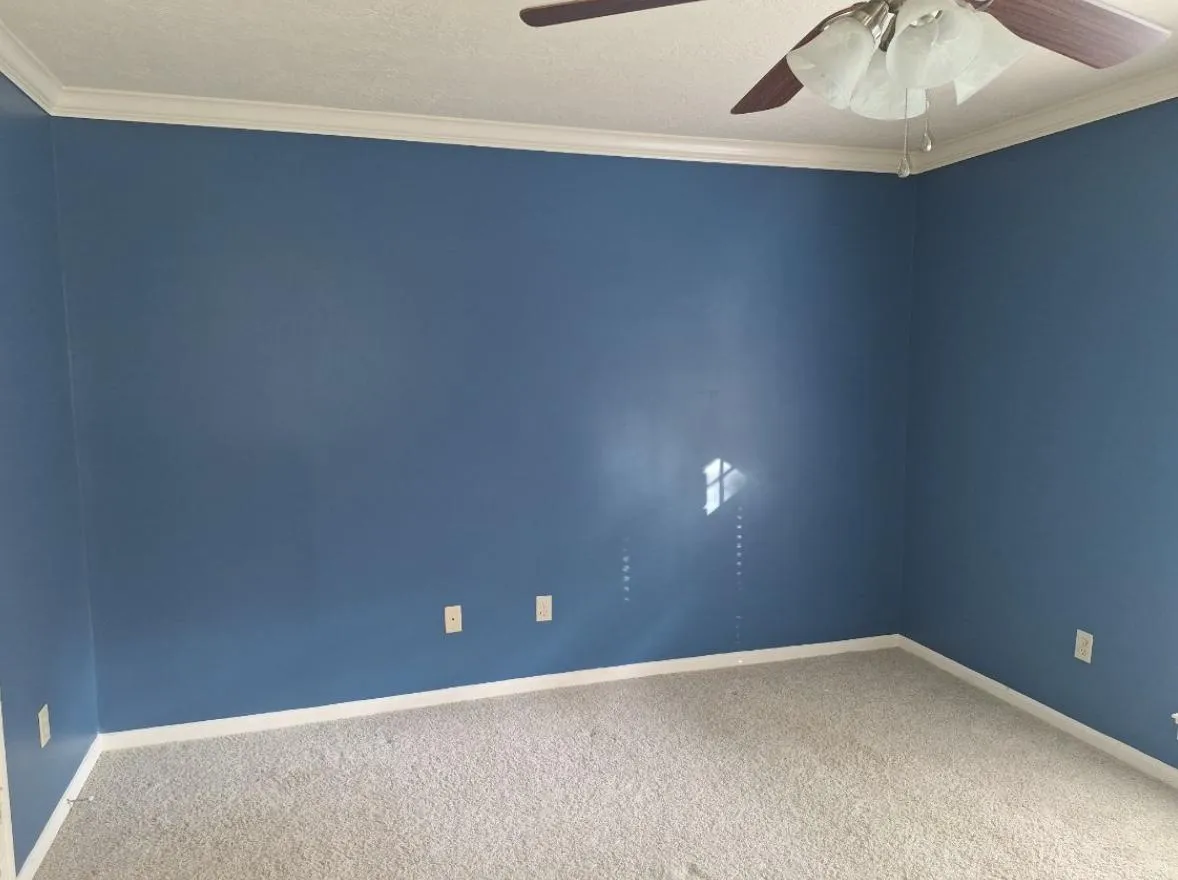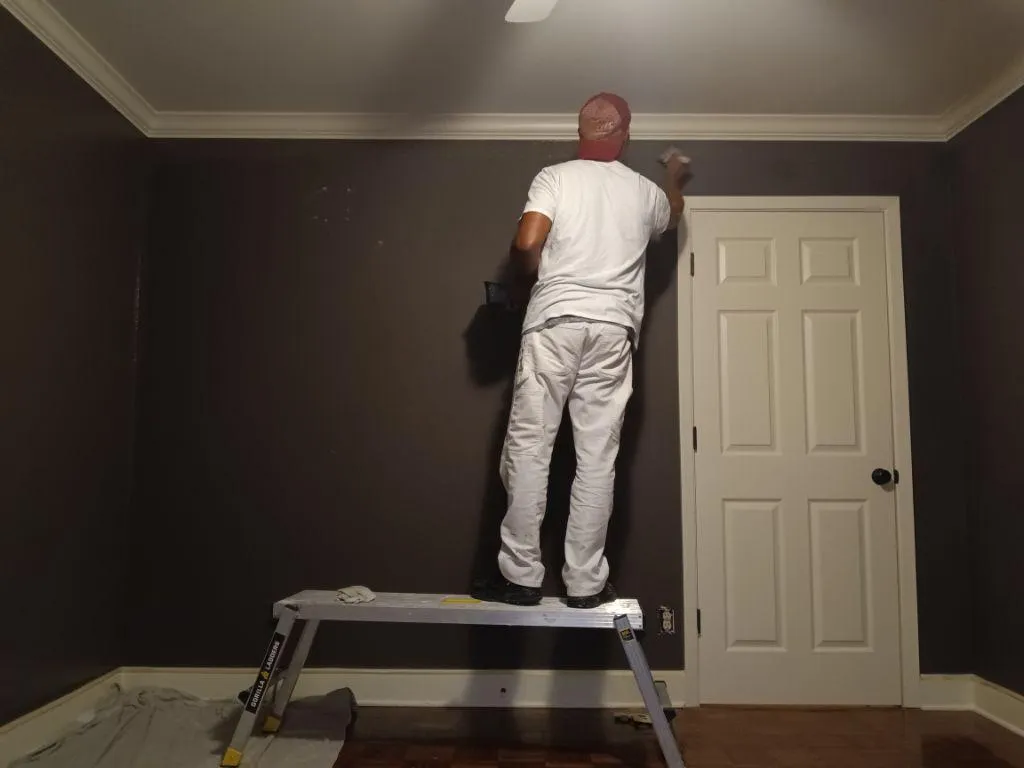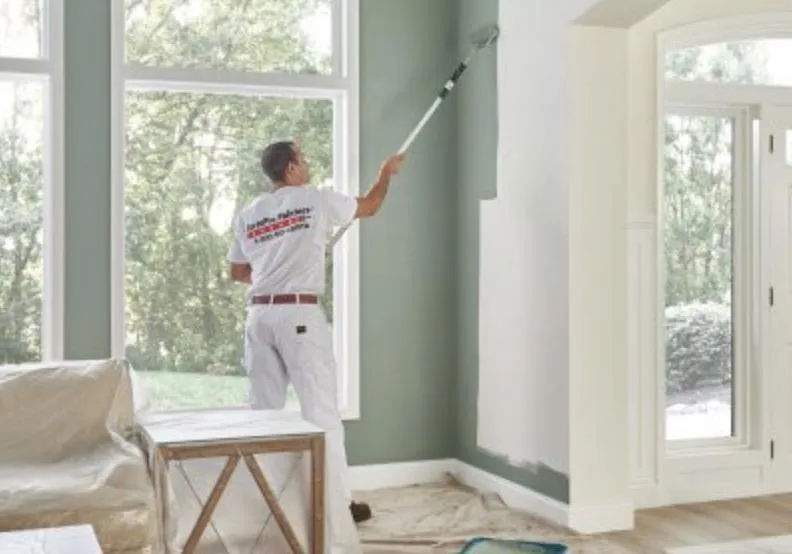Blog > Article Library
Twain Services Articles

Do I need a license to be a painter in Texas?
Embarking on a career as a painter in Texas can be an exciting journey filled with opportunities to showcase your creativity and skill. However, before you dip your brushes into the vibrant world of colors, it's crucial to understand the regulatory landscape, especially concerning licensing requirements. Unlike some professions, the state of Texas does not mandate a specific license for painters at the state level. Nevertheless, the local nuances come into play, and aspiring painters should be aware of potential city-specific licensing requirements to ensure a smooth and legal operation of their painting business.
Understanding the State Scenario:
In the vast expanse of Texas, there isn't a state-level requirement for obtaining a license to practice as a painter. This lack of a statewide mandate might initially seem like a boon for individuals eager to kickstart their painting careers. However, the absence of a state license doesn't mean you can simply pick up a paintbrush and start a business without considering local regulations. The devil, as they say, is in the details, and in this case, it lies in the local ordinances.
City-Specific Licensing:
While Texas, at the state level, doesn't demand a specific license for painters, many cities within the state may have their own set of rules and regulations. Local governments often have licensing requirements to ensure that businesses operating within their jurisdiction adhere to certain standards. Therefore, it becomes imperative for painters to research and understand the specific licensing requirements in the city where they plan to operate.
For example, if you're setting up your painting business in Austin, you would need to check with the Austin city authorities regarding any licensing prerequisites. Similarly, if your canvas extends to the eclectic streets of Houston, the regulations may differ, and you would need to comply with the Houston-specific requirements.
Benefits of Local Licensing:
While the idea of obtaining a local license might seem like an additional bureaucratic hurdle, it serves various purposes that benefit both the painter and the community. Local licenses often involve a process of verification that ensures the painter possesses the necessary skills and knowledge to operate professionally. It acts as a mark of credibility, assuring clients that they are entrusting their painting projects to a qualified and competent professional.
Moreover, from a community standpoint, local licenses contribute to standardizing the quality of services. They help maintain a level playing field among businesses, fostering healthy competition and ensuring that all painters, regardless of the scale of their operations, adhere to certain ethical and professional standards.
Navigating the License Application Process:
For painters looking to acquire a local license in a specific city, the application process typically involves several steps. These may include submitting proof of experience and skill, providing details about your business structure, obtaining insurance coverage, and paying the requisite fees. The specifics of the process can vary from city to city, emphasizing the need for thorough research and compliance with local regulations.
Conclusion:
In the vibrant and diverse canvas of Texas, the journey of a painter is one filled with artistic expression and creative fulfillment. Understanding the regulatory landscape, especially concerning licensing, is crucial to navigating this journey successfully. While Texas doesn't impose a state-level license requirement for painters, the local licensing landscape demands attention.
Aspiring painters should view local licensing not as a hindrance but as a gateway to professionalism and excellence in their craft. By adhering to local regulations, painters not only ensure the legality of their operations but also contribute to the overall elevation of standards within the industry. So, as you dip your brushes into the kaleidoscope of possibilities that Texas offers, remember that a local license might just be the stroke of authenticity your painting business needs.
Older Articles


Contact Us
Service Hours
Social Media
Blog > Article Library


Do I need a license to be a painter in Texas?
Embarking on a career as a painter in Texas can be an exciting journey filled with opportunities to showcase your creativity and skill. However, before you dip your brushes into the vibrant world of colors, it's crucial to understand the regulatory landscape, especially concerning licensing requirements. Unlike some professions, the state of Texas does not mandate a specific license for painters at the state level. Nevertheless, the local nuances come into play, and aspiring painters should be aware of potential city-specific licensing requirements to ensure a smooth and legal operation of their painting business.
Understanding the State Scenario:
In the vast expanse of Texas, there isn't a state-level requirement for obtaining a license to practice as a painter. This lack of a statewide mandate might initially seem like a boon for individuals eager to kickstart their painting careers. However, the absence of a state license doesn't mean you can simply pick up a paintbrush and start a business without considering local regulations. The devil, as they say, is in the details, and in this case, it lies in the local ordinances.
City-Specific Licensing:
While Texas, at the state level, doesn't demand a specific license for painters, many cities within the state may have their own set of rules and regulations. Local governments often have licensing requirements to ensure that businesses operating within their jurisdiction adhere to certain standards. Therefore, it becomes imperative for painters to research and understand the specific licensing requirements in the city where they plan to operate.
For example, if you're setting up your painting business in Austin, you would need to check with the Austin city authorities regarding any licensing prerequisites. Similarly, if your canvas extends to the eclectic streets of Houston, the regulations may differ, and you would need to comply with the Houston-specific requirements.
Benefits of Local Licensing:
While the idea of obtaining a local license might seem like an additional bureaucratic hurdle, it serves various purposes that benefit both the painter and the community. Local licenses often involve a process of verification that ensures the painter possesses the necessary skills and knowledge to operate professionally. It acts as a mark of credibility, assuring clients that they are entrusting their painting projects to a qualified and competent professional.
Moreover, from a community standpoint, local licenses contribute to standardizing the quality of services. They help maintain a level playing field among businesses, fostering healthy competition and ensuring that all painters, regardless of the scale of their operations, adhere to certain ethical and professional standards.
Navigating the License Application Process:
For painters looking to acquire a local license in a specific city, the application process typically involves several steps. These may include submitting proof of experience and skill, providing details about your business structure, obtaining insurance coverage, and paying the requisite fees. The specifics of the process can vary from city to city, emphasizing the need for thorough research and compliance with local regulations.
Conclusion:
In the vibrant and diverse canvas of Texas, the journey of a painter is one filled with artistic expression and creative fulfillment. Understanding the regulatory landscape, especially concerning licensing, is crucial to navigating this journey successfully. While Texas doesn't impose a state-level license requirement for painters, the local licensing landscape demands attention.
Aspiring painters should view local licensing not as a hindrance but as a gateway to professionalism and excellence in their craft. By adhering to local regulations, painters not only ensure the legality of their operations but also contribute to the overall elevation of standards within the industry. So, as you dip your brushes into the kaleidoscope of possibilities that Texas offers, remember that a local license might just be the stroke of authenticity your painting business needs.
Older Articles


Contact Us
(346) 209-4009
Humble, Texas, 77346
Service Hours
Mon-Sat: 8am-6pm
Sun: Off
Social Media





